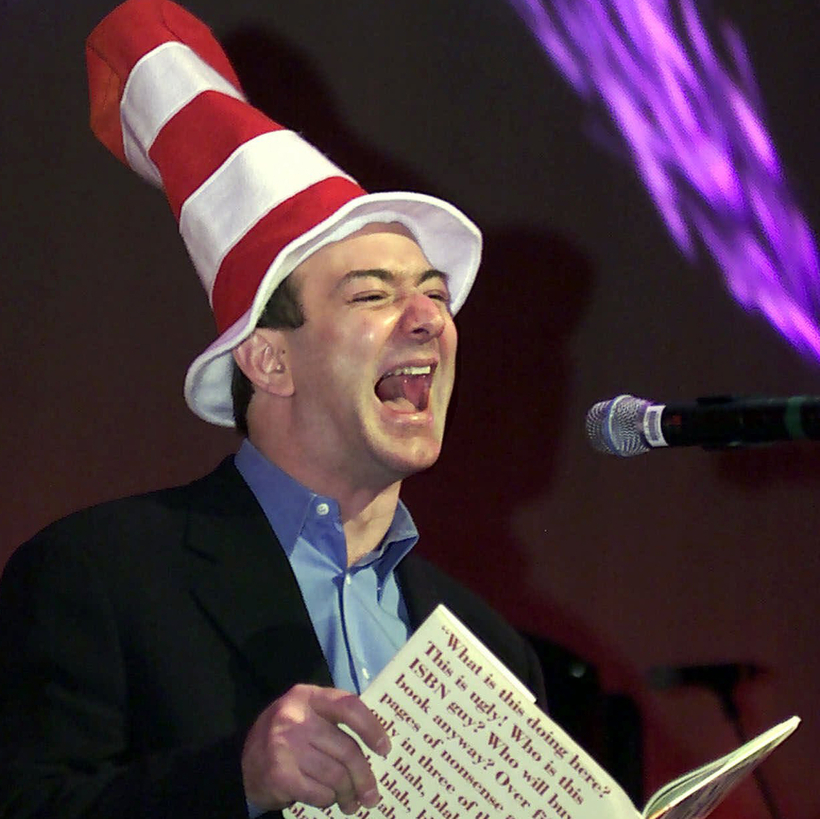This book has the wrong title. It should be called Bezos Unbound because it’s not about Amazon. Rather, it describes everything the company’s founder has done that has made him the richest man in history (worth $190 billion) since Stone wrote Bezos’s original biography, The Everything Store, in 2013. That book — Amazon rating 4.5/5 — gained Stone the trust of many in the usually secretive trillion-dollar Seattle-based giant, and he milks those contacts here to create a fantastic portrait.
The details are stunning and the writing so good you feel you are in the room. One day during development of the Alexa voice-controlled digital “butler”, Bezos gets so frustrated that a prototype cannot understand his queries that he orders “her” to “go shoot yourself in the head”. History does not record her answer, but Stone reports what Bezos did to solve the problem.

